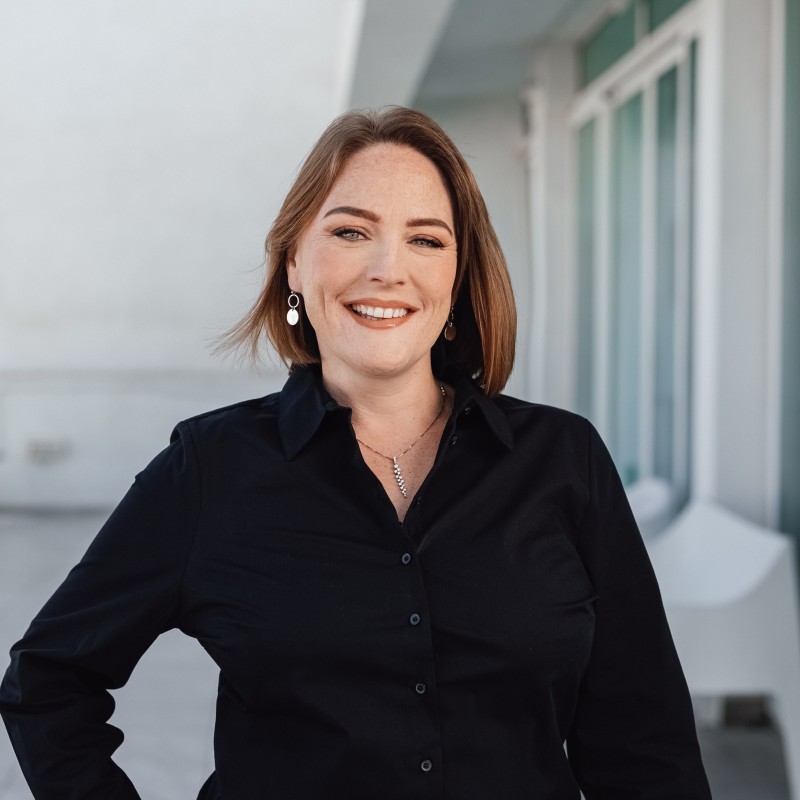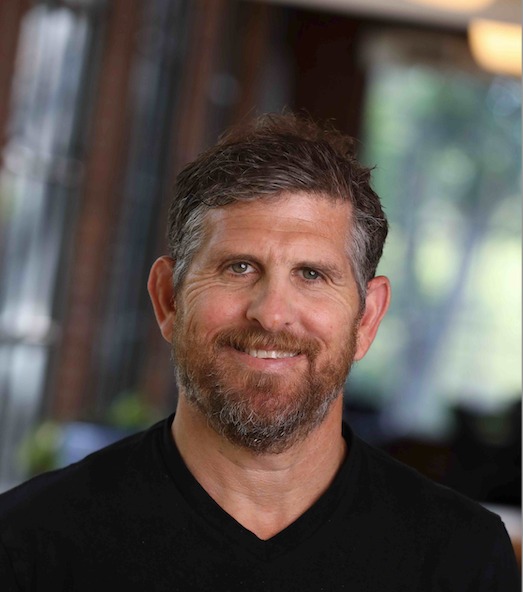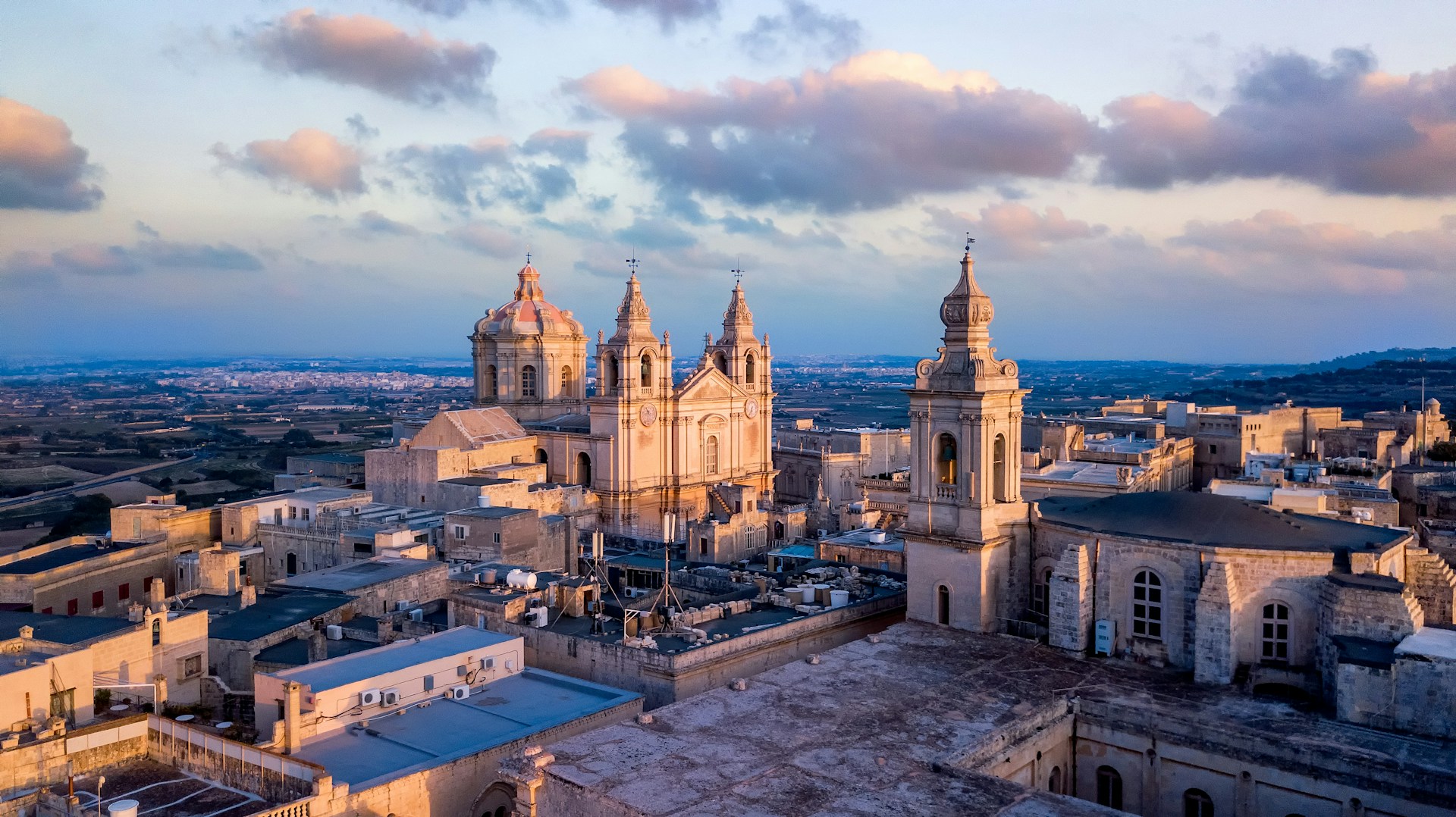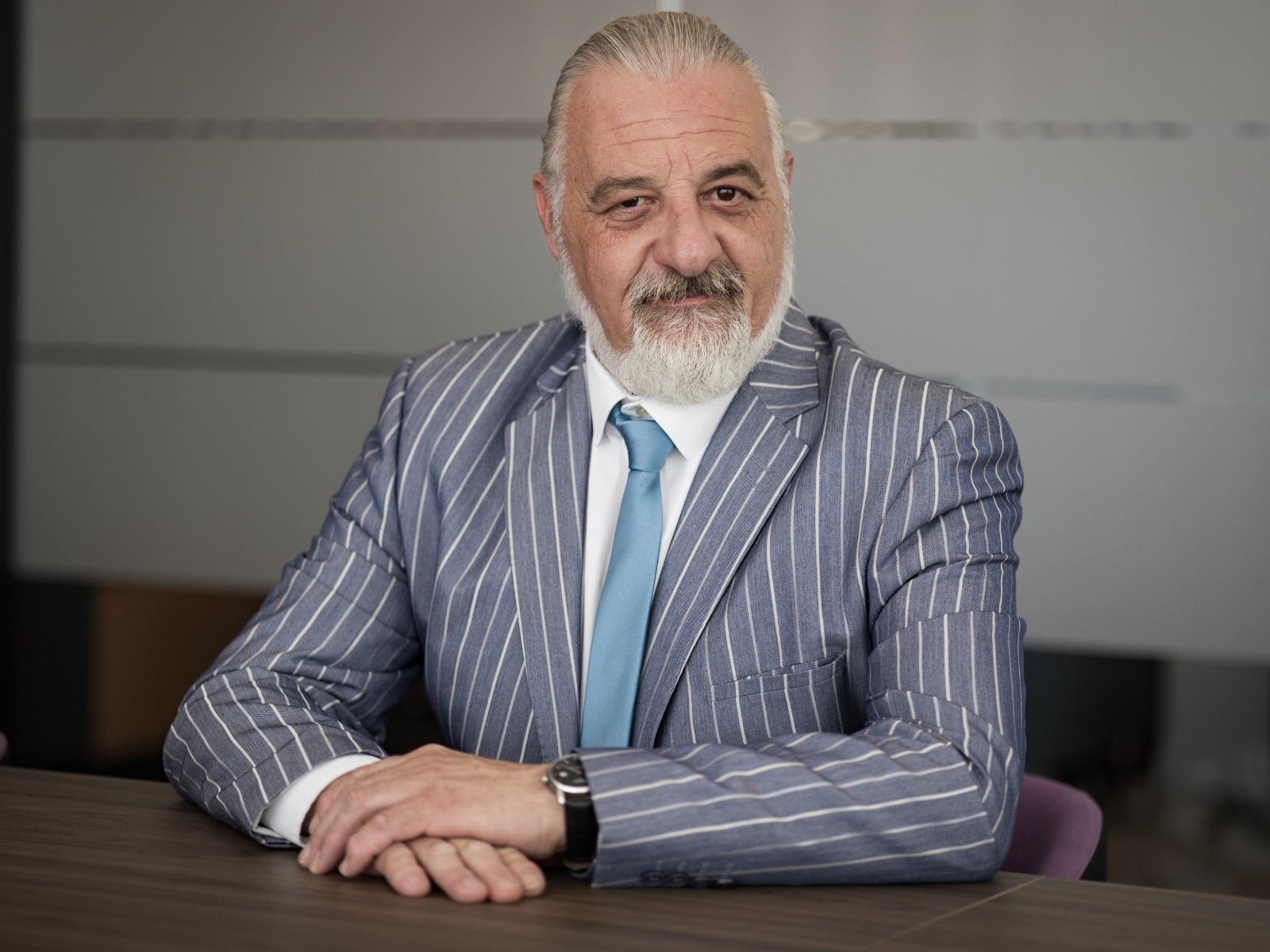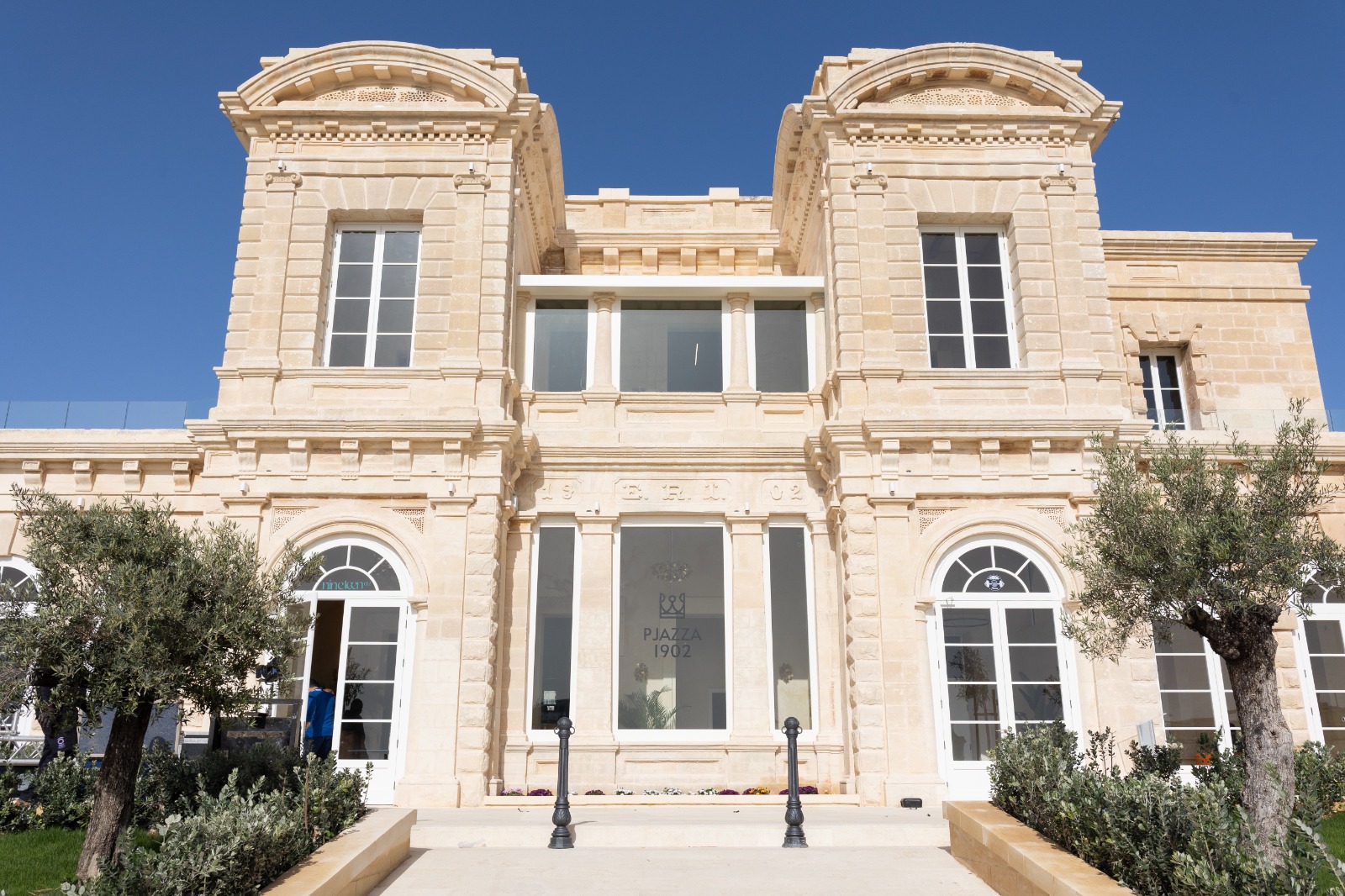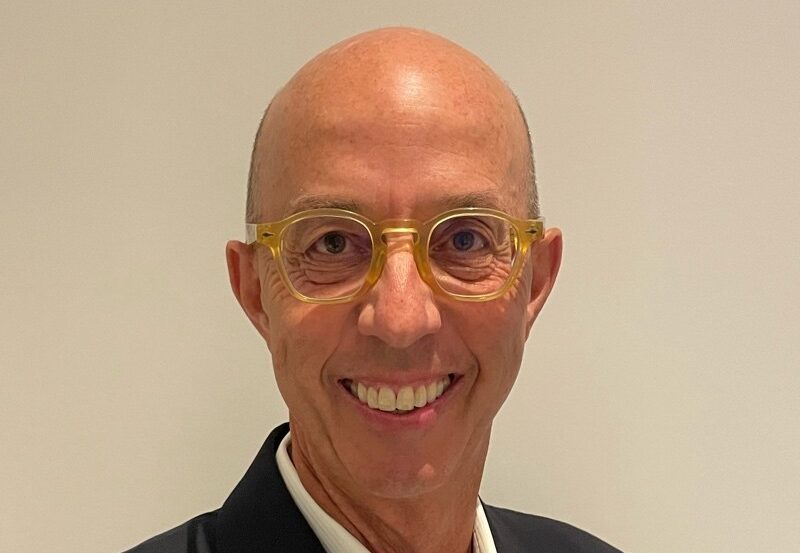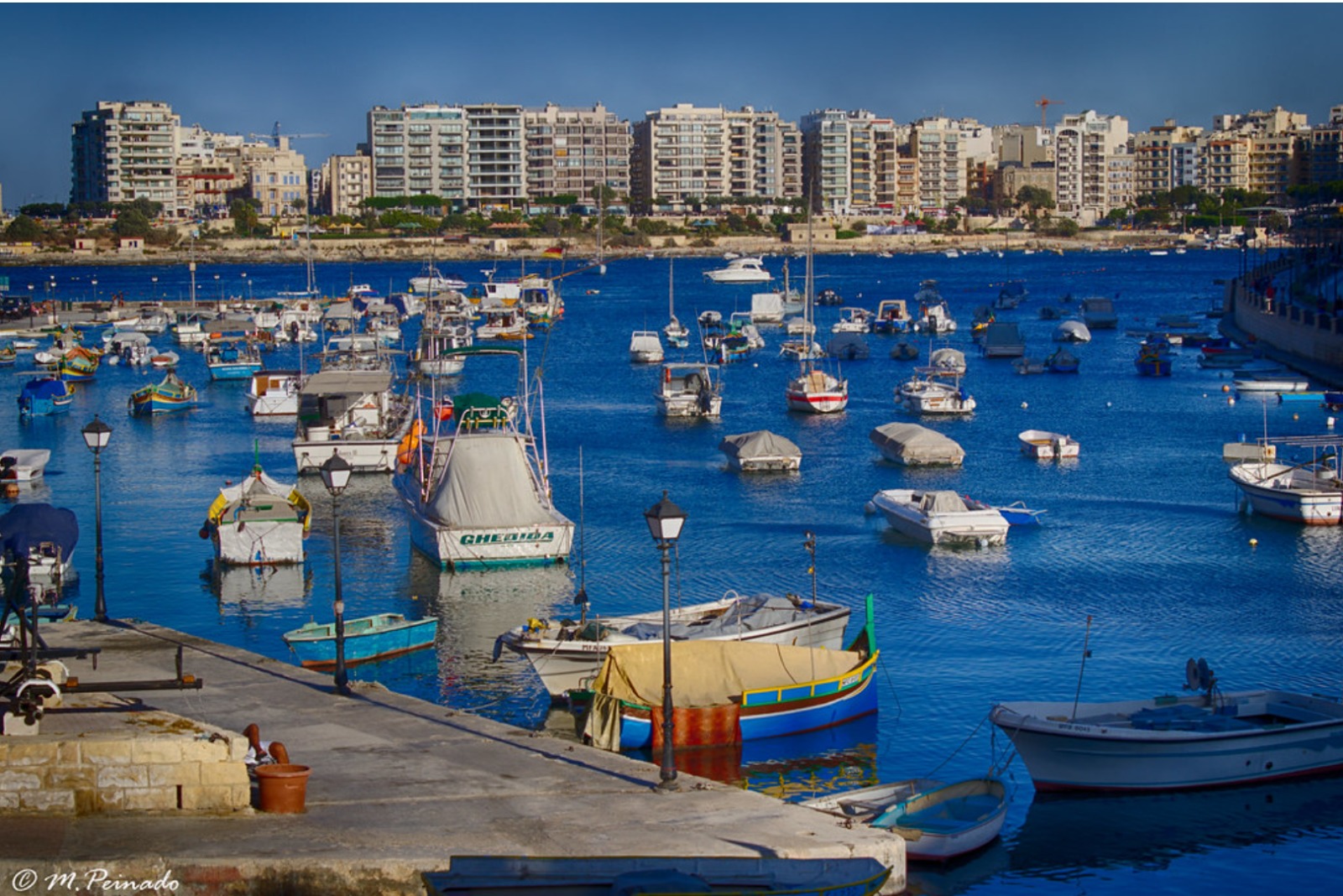Robin Tombs, CEO and co-founder of identity verification service Yoti, has predicted that “in the next few years, humans (and regulators) will be able to rely on privacy-preserving AI to check effectively age offline and online”.
Making the prediction on social media, Mr Tombs reflected on the role played by humans in in-person age verification, pointing out that shops are required to estimate customers’ age before choosing to provide proof of age.
Digitally, he said, excluding in sectors such as iGaming, tech limitations have meant that regulators have allowed businesses to accept customers’ claims at their word, with social media generally simply requiring users to claim to be 13.
Regarding Yoti’s own AI age verification service, he stated that the company has received a large number of organisations interested in checking customer age effectively and that as such has invested in its age-verification services, to be able to handle 350 age checks per second or 30 million per day.
For context, this means the service would be able to verify Malta’s entire population of roughly 500,000 in just over 20 minutes.
Despite the promising technological developments, it seems likely that it will be a while before iGaming companies are able to try out the solution for their customers.
This is because, as part of mandatory Know Your Customer (KYC) checks which are required in the vast majority of reputable regulated markets, a customer is required to verify their name and address as well as their name.
ID-less age verification would therefore likely be redundant, as customers would be providing documents anyway.
Continue Reading
Tailored solutions for the iGaming industry: Inside Antes Insurance Brokers’ customised approach
Many businesses have little time to navigate the insurance landscape: Antes offers critical advice, simplifying processes, and the right insurance cover
Pjazza 1902: New hotspot blends community engagement and B2B offerings
The entertainment hub, which has recently opened in Pembroke after a lengthy period of meticulous restoration, serves up a gamut of dining, fitness, business and leisure opportunities
Gavin Isaacs steps down as Games Global chairman to take on new role as Entain CEO
His appointment comes into effect from September 2024, and will see him remain on the board of Games Global as an independent non-executive director
Third-largest cryptocurrency exchange OKX selects Malta as its MiCA hub
Under the MiCA framework, OKX plans to offer spot trading (including EUR and USDC pairs) in addition to buy, sell, convert and staking services to qualified EU residents through Okcoin Europe Ltd



